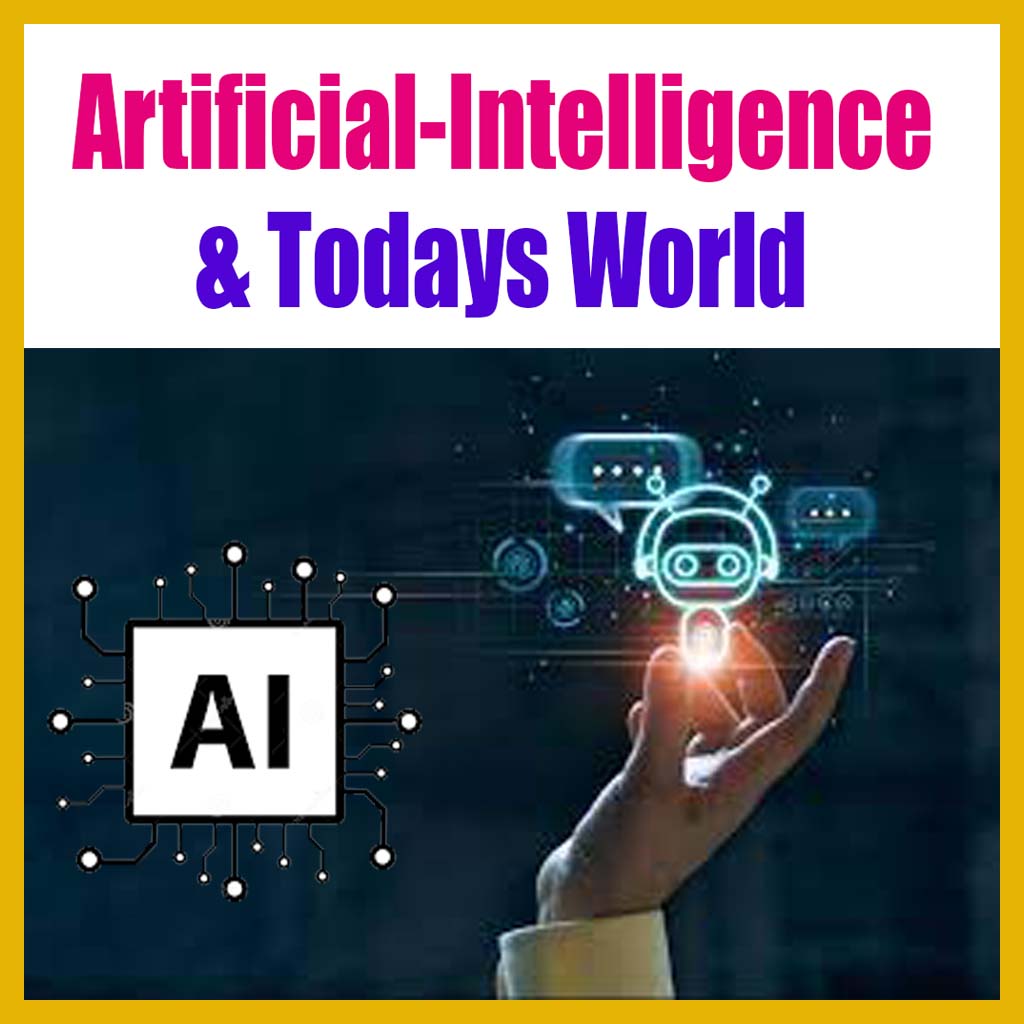
Artificial-Intelligence(AI)-&-Computer-Science : Artificial Intelligence (AI) is a rapidly expanding field of computer science that deals with the development of intelligent machines that can simulate human intelligence.
AI systems are designed to perform tasks that would normally require human intelligence, such as speech recognition, image recognition, natural language processing, decision making, and problem-solving.
There are several types of AI systems, including rule-based systems, machine learning systems, and neural networks.

Rule-based systems use a set of predefined rules and if-then statements to make decisions.
Machine learning systems are design to learn from data and improve their decision-making abilities over time.
as we know, the data can be supervised, unsupervised or semi-supervised.
Neural networks are designed to simulate the way the human brain works and are used for tasks such as image and speech recognition like this.
AI systems require data to learn and improve. more data an AI system has access to, the more it becomes accurate.
This is why big data plays a significant role in the development of AI.
Autonomous vehicles, for example, use AI systems to detect obstacles, make decisions, and control their movements.
Artificial-Intelligence(AI)-&-Computer-Science : In finance, AI systems are used for fraud detection, risk management, and trading.

AI has the potential to transform many industries in significant ways. It is expect to lead to increased efficiency, productivity, and innovation.
However, it also raises several concerns, such as job displacement and the potential for ethical issues.
And there is One major concern is the impact of AI on employment.
It is already being used in a wide range of applications and should lead to greater efficiency, productivity and innovation.
his could lead to widespread unemployment and social unrest.
Governments and businesses are already taking steps to address this issue by investing in retraining programs and exploring new job opportunities created by AI.
Another concern is the potential for AI systems to be biase or discriminatory.
AI systems can only learn from the data they are give, and if that data is biase, it can lead to biased decisions.
For example, AI systems used in criminal justice have found to be biase against minorities.
This is a major concern that must be addresse as AI becomes more widespread.
In conclusion, AI is a rapidly growing field that has the potential to transform many industries in significant ways.
It is already being used in a wide range of applications and should lead to greater efficiency, productivity and innovation.
However, it also raises several concerns, such as job displacement and the potential for ethical issues.
These concerns must be addresse as AI becomes more widespread.
